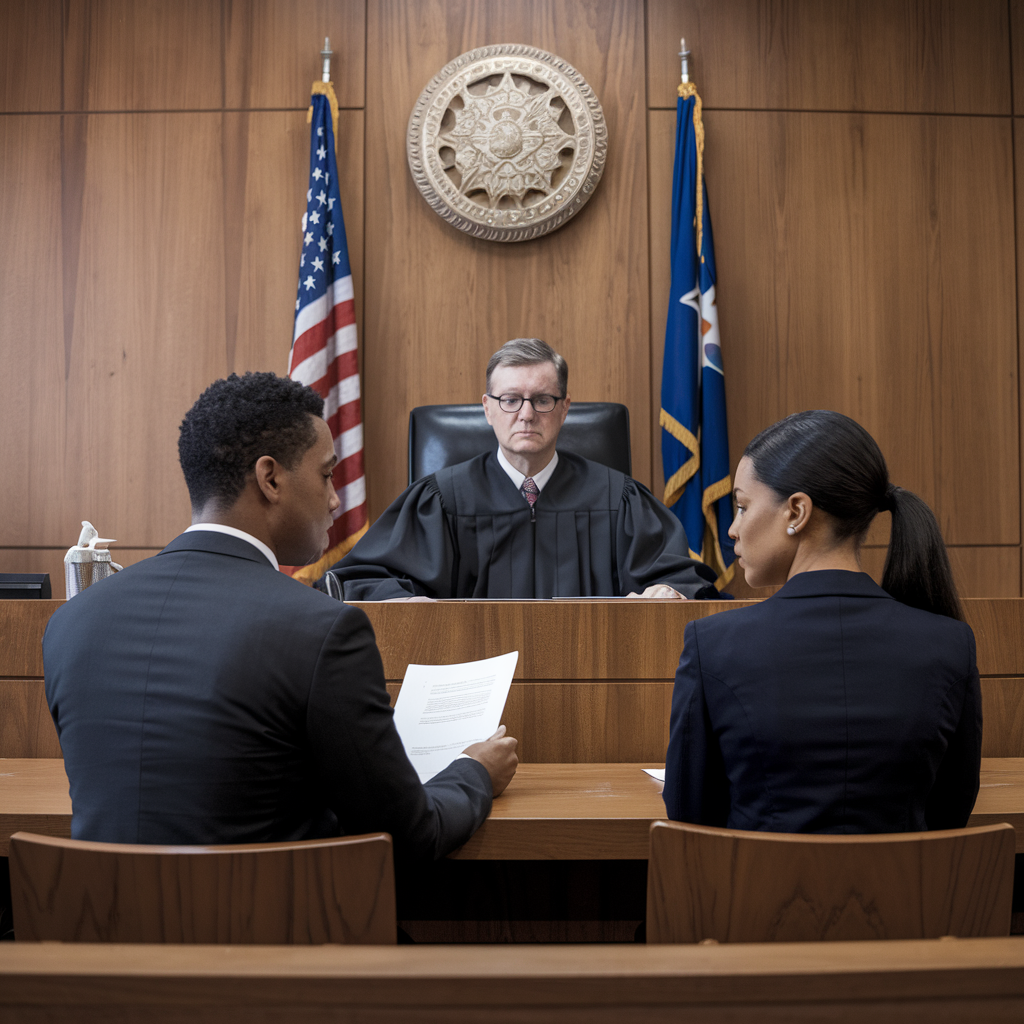Introduction
Misusing “libel” and “liable” can cause confusion, especially in legal discussions. Though they sound similar, their meanings and legal implications are entirely different.
- Libel refers to written defamation—damaging someone’s reputation through false, published statements.
- Liable means legal responsibility—indicating someone is accountable under the law for a particular action.
Understanding the difference is crucial, especially in legal contexts where misuse can lead to serious consequences. This guide explains their definitions, applications, legal matters, and practical examples to ensure clarity.
What is Libel?
Definition of Libel
Libel is a type of defamation involving false statements made in written or published form. Unlike slander (spoken defamation), libel has more severe legal consequences as it leaves a lasting record.
Read More About This Article: Bread or Bred: Which One Should You Use?
Legal Contexts of Libel
A statement is considered libelous if it:
Is false – Truth is an absolute defense against libel claims.
Is published – It must appear in print, online, or another permanent form.
Damages reputation – It must harm the subject’s public image.
Is made with negligence or malice – Public figures must prove actual malice (knowingly false or reckless disregard for truth).
Famous Libel Cases
| Case | Summary |
|---|---|
| New York Times Co. v. Sullivan (1964) | Established that public figures must prove actual malice in libel cases. |
| McLibel Case (1997) | McDonald’s sued activists for defamation in one of the UK’s longest trials. |
| Johnny Depp v. The Sun (2020) | Depp sued a UK tabloid for calling him a “wife beater” but lost due to substantial evidence. |
What Does Liable Mean?
Definition of Liable
Being liable means having legal responsibility for an action or event. It does not always imply wrongdoing but indicates an obligation under the law.
Types of Legal Liability
Different forms of legal responsibility include:
- Civil Liability – Involves lawsuits for damages (e.g., personal injury claims).
- Criminal Liability – Arises when someone is responsible for a crime.
- Strict Liability – Holds a person accountable regardless of intent or negligence (e.g., defective products causing harm).
Practical Examples of Legal Liability
| Scenario | Legal Liability |
|---|---|
| A doctor misdiagnoses a patient | Medical malpractice (civil liability) |
| A company sells a faulty product that injures customers | Product liability (strict liability) |
| A driver runs a red light and hits a pedestrian | Traffic violation (criminal & civil liability) |
Libel vs. Liable: Key Differences
| Feature | Libel | Liable |
|---|---|---|
| Meaning | Written defamation | Legal responsibility |
| Legal Category | Defamation law | Civil & criminal law |
| Example | Publishing a false article about someone | Being responsible for an accident |
| Consequences | Reputation damage, lawsuits | Financial penalties, jail time |
Legal Implications of Libel and Liability
Libel Lawsuits and Consequences
A libel lawsuit can result in:
Monetary Damages – Compensation for reputation damage.
Retractions – Courts may require false statements to be retracted.
Punitive Damages – Extra penalties in cases of malicious defamation.
Liability in Legal Matters
Being liable can lead to:
Financial Penalties – Fines, restitution, or settlements.
Legal Obligations – Compliance with court orders or regulations.
Criminal Charges – In severe cases, liability may result in imprisonment.
Correct Usage of Libel and Liable
Common Misconceptions
Many confuse these terms due to their similar pronunciation, but they serve different purposes.
❌ Incorrect: “He was found libel for the accident.”
✅ Correct: “He was found liable for the accident.”
❌ Incorrect: “She sued him because he was liable against her in the newspaper.”
✅ Correct: “She sued him because he committed libel against her in the newspaper.”
Quick Reference Guide
| Word | Meaning | Example Sentence |
|---|---|---|
| Libel | Written defamation | “The newspaper was sued for libel after publishing false information.” |
| Liable | Legal responsibility | “The company was held liable for the defective product.” |
How to Protect Yourself from Libel and Liability
Avoiding Libelous Statements
To prevent libel lawsuits, always:
Verify facts before publishing.
Use disclaimers when expressing opinions.
Cite sources to support claims.
Avoid making harmful statements without proof.
Minimizing Legal Liability
To reduce legal responsibility, ensure:
Contracts have clear terms and conditions.
Business policies comply with legal requirements.
Insurance covers potential liabilities.
Conclusion
Understanding the difference between libel and liable is crucial in legal contexts.
- Libel refers to false written statements that damage someone’s reputation.
- Liable refers to legal responsibility for an action or event.
Misusing these terms can lead to serious legal consequences. Whether you’re a journalist, business owner, or everyday individual, knowing these distinctions can protect you from legal troubles.
By staying informed and cautious, you can avoid libel lawsuits and reduce legal liability risks. Always verify facts, seek legal guidance, and use language accurately to prevent disputes.
